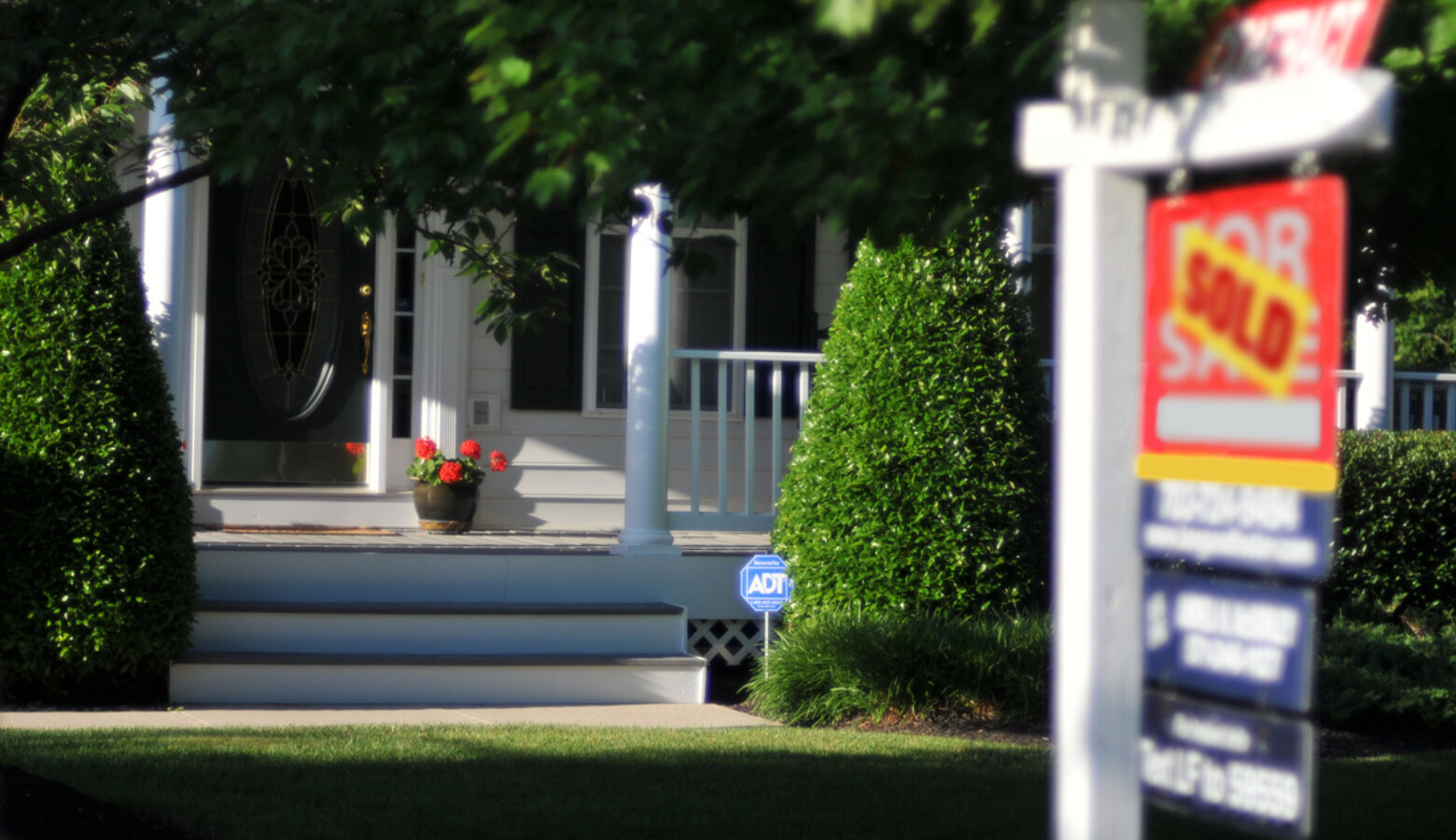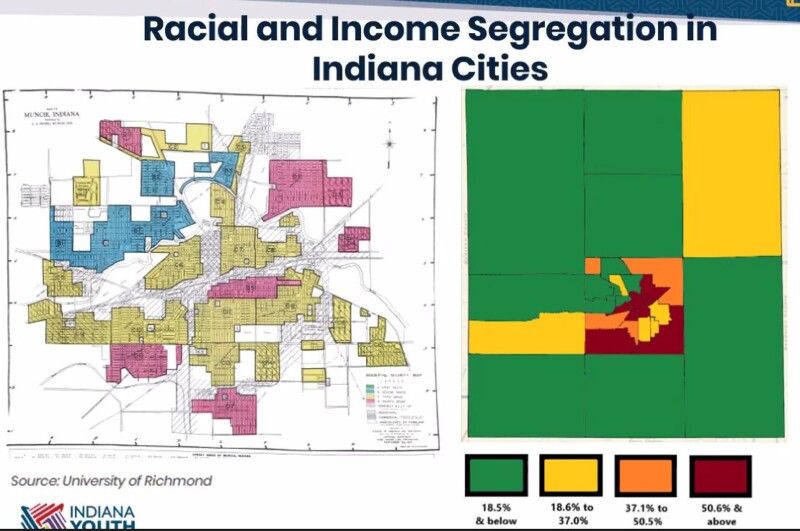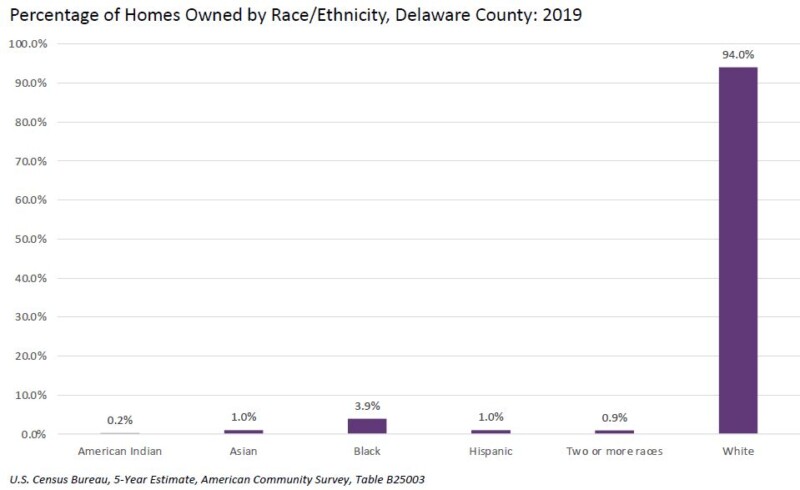Black Home Ownership In Muncie Is Low. So Are Those Homes’ Value

New state numbers reinforce an old adage in America: race plays a role in how much your home is worth. In Delaware County, with a population that’s nine percent Black, Black home ownership is at four percent. And many of those homes are devalued because of where they’re located. As IPR’s Stephanie Wiechmann reports, the numbers are coming out as Muncie’s mayor is focusing on building more homes in the city.
Between July 2019 and July 2020, the median sales price for a Muncie home increased 13.5 percent – even during a pandemic and in a county with one of the lower median household incomes in the state.
But according to state numbers, not every house is benefiting from higher prices. The Indiana Youth Institute will release a report in May showing that in Muncie homes in majority Black neighborhoods are being “devalued” by more than 11 percent.
What does that mean? Alicia Kielmovitch is with the Indiana Youth Institute.
“The median price of homes [in neighborhoods] with a population of 1-5 percent Black residents is around $72,000. For Muncie’s majority Black neighborhoods – that would be 50 percent or more – it goes down to $58,000.”
According to state and local data, these majority Black neighborhoods are those that were “redlined” in the 1930s – where Black families were restricted to living among the greater Muncie area. They now continue to have the highest rates of poverty in the city.
Read More: A ‘Forgotten History’ Of How The U.S. Government Segregated America
Ball State University professor Eva Zygmunt says this historical context is important in working to fight systematic and intergenerational poverty.

Data from the 1930’s (left) and 2020’s (right) show redlined neighborhoods still remain impoverished in Delaware County. (Credit: Indiana Youth Institute)
“We need to understand the systems of power and privilege that are in place that marginalize, right, that continue to oppress. Because otherwise, we do this thing where we sort-of blame the victim for the evil itself.”
In his recent state of the city address, Muncie Mayor Dan Ridenour says the city needs more housing at all income levels.
“That’s how our city’s going to grow, in my opinion,” he says.


